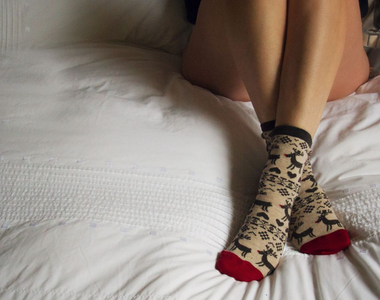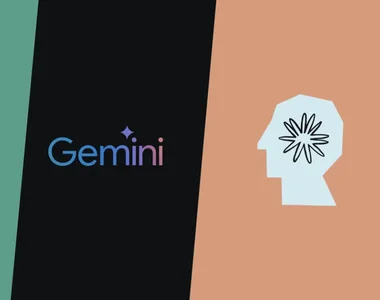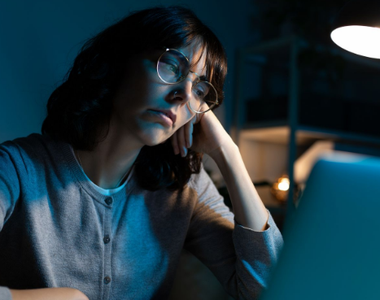
The multibillion-dollar family vlog industry has often been accused of exploitation, but some influencers insist that content featuring their children is educational, moral and worthwhile.
If you look back at the videos of "The Bucket List Family" on social networks, you will find different moments that leave room for discussion: Their 10-year-old daughter saying goodbye to her great-grandmother's coffin, the family swimming with " sperm whales in Mauritius, safaris in Madagascar and the little boy screaming in pain as his father removes a parasite from his scalp.
View this post on Instagram
The Gee family, which consists of parents Garrett and Jessica and their three children, has over 5 million followers on Instagram, TikTok, YouTube and Facebook. They post regularly to their many fans from all over the world.
In 2024, the family vlog business is at a turning point: "Should you show your kids online or not?" Thousands of parent influencers continue to showcase their children on social media for our attention (not to mention the hefty sponsorship deals).
But recently, more and more people have begun to ask troubling questions about the murky ethics of it all. "How can you protect the safety and privacy of these children when every second of their lives is broadcast to millions of people?"; "Can babies or toddlers give their meaningful consent to be part of this messy ecosystem before they can say the word 'internet'?"; "What does it mean to stamp their online footprint?" etc.
What is the price of a childhood turned into "content"?
In the bustling world of family vloggers, children, for the most part, are not entitled to a penny they themselves help earn. Child creators and former influencers share different perspectives on this unusual "family business", raising questions about the rights and welfare of the children involved.
One issue, many perspectives!
People on both sides of the issue offer their perspectives: Some say this type of vlog is nothing more than exploitation by another name, while fans see no problem in following the adventures of their favorite influencer families. Popular influencers are often reluctant to get involved in the debate, although some have explained the reasons why they banned their children from appearing on social media.
They walk a tightrope: On the one hand, millions of fans look for content with children, and brands offer sponsorship contracts. On the other hand, an increasingly vocal audience of critics finds this to be an unethical and dangerous practice for influencers who feature children on unsafe platforms.
An example Chiara Ferragni and Fedez who have decided not to expose their children on social networks. This change comes after much discussion on privacy and protecting children from the negative impact of public exposure. They continue to share moments from their lives, but are now more careful about including their children in their public posts.
What do parents think?
Parenting influencers who share content with their children freely and regularly have different motivations for their decisions.
Some worry about what their children will think of the decisions that have been made for them and wonder if they will have any regrets in the future. The family vlog industry is facing new ethical and legal challenges, as it grows, questions about children's rights and welfare become increasingly important.
Sources: Cosmopolitan
Suggested articles:





